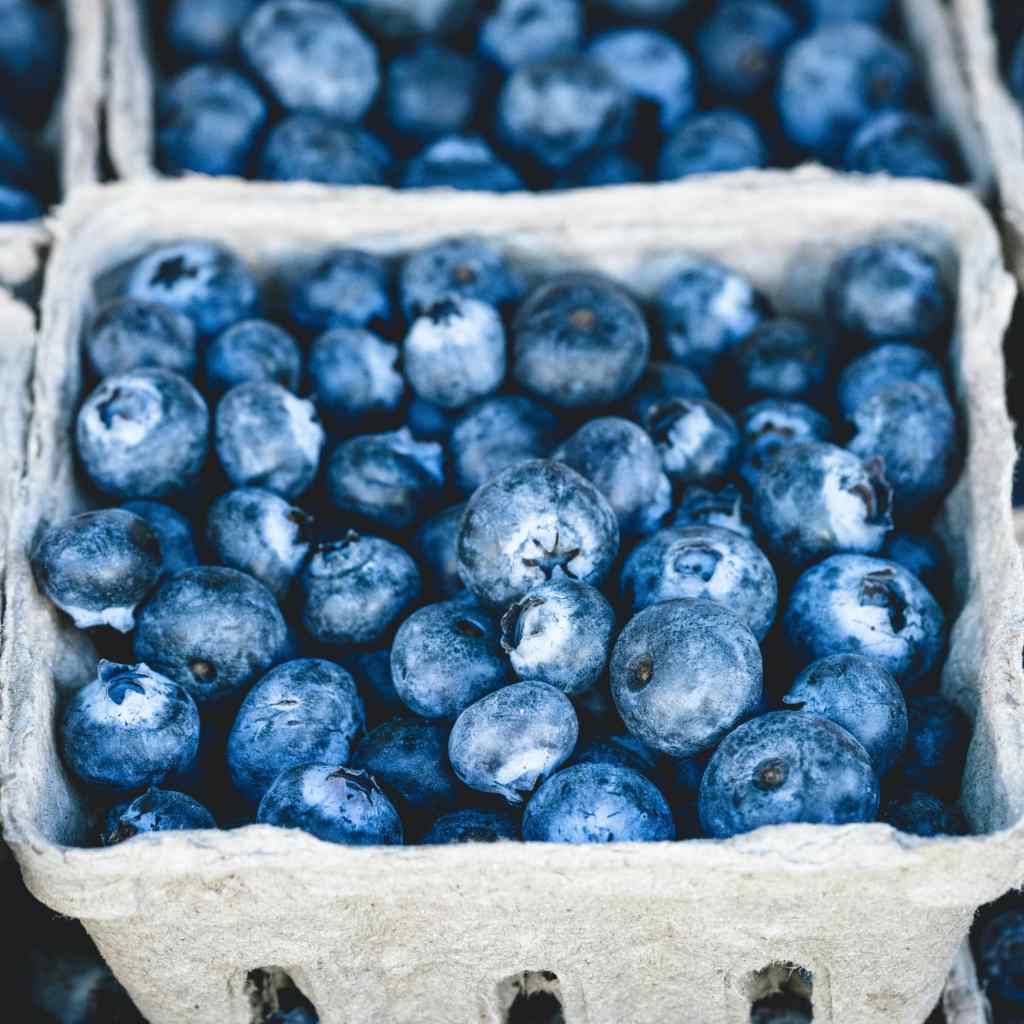Polycystic ovary syndrome, or PCOS, is a condition that affects up to 12 percent of women of reproductive age and is associated with symptoms like irregular periods, excess hair growth, insulin resistance, and oily skin, though they present differently from person to person. If you’ve received this diagnosis, you may be wondering how the foods you eat can influence your symptoms.
“Contrary to what you might read on the internet, there is no one right diet for PCOS,” Melissa Azzaro, a registered dietitian and author of A Balanced Approach to PCOS, told POPSUGAR. However, Azzaro did offer some general guidelines for how to eat in order to better manage your symptoms. These include balancing your blood sugar with plenty of protein, fiber, and healthy fats; following an anti-inflammatory diet, which includes foods like omega-3-rich seafood and nuts; consuming plenty of antioxidants in the form of colorful fruits and vegetables; and minimizing your consumption of inflammatory fats and processed carbohydrates.
So, while there is no one-size-fits-all PCOS diet, there are some foods that seem to help manage PCOS symptoms more than others. Here are seven dietitian-approved foods you should try.
Getty / Arundhati Sathe
Lentils
Azzaro recommends lentils for people with PCOS because of the legume’s plant-based protein and fiber content, which can help keep your blood sugar steady. Lentils can easily be added to dishes like soups as an inexpensive alternative to other protein sources like beef.
Getty / Westend61
Wild Salmon
Wild salmon is packed with protein, B vitamins, and omega-3 fats. “Omega-3 fats are especially important for PCOS as they may help decrease inflammation, lower triglycerides, and improve insulin resistance,” Martha McKittrick, a registered dietitian specializing in PCOS, told POPSUGAR.
Getty / Maja Pilav / EyeEm
Almonds
Almonds contain healthy fats, magnesium, vitamin E, fiber, calcium, and protein, making this healthy snack a nutritional powerhouse for anyone, and especially those with PCOS. “[Almonds] are heart healthy, prevent blood sugar and insulin spikes, and keep you feeling full longer,” McKittrick explained.
Pexels / veeterzy
Blueberries
Blueberries are another food that McKittrick recommends because they’re rich in antioxidants, fiber, and vitamin C. She explained that these small, colorful fruits may decrease inflammation, insulin resistance, and oxidative stress – all important factors in regard to PCOS.
Getty / serezniy
Walnuts
Walnuts are a nutrient-dense food you can add to oatmeal, trail mix, and yogurt. When managing PCOS, walnuts are a great choice because they contain a balance of healthy fats, plant-based proteins, and fiber, which may help manage your blood sugar. In one study, people with PCOS who ate walnuts for six weeks experienced lower levels of “bad” cholesterol and improved insulin sensitivity.
Getty / Westend61
Maitake Mushrooms
Maitake mushrooms are a delicious addition to pizza, stir-fry, and soup, but they aren’t just beneficial because of the umami flavor they add to dishes. Data suggests that consumption of maitake mushroom extract may support ovulation in some people with a PCOS diagnosis. Mushrooms in general can be an antioxidant-rich addition to many meals.
Getty / Aleksandr Zubkov
Spearmint Tea
Swap out your coffee or soda with spearmint tea, and you may be taking a step to better manage your PCOS. Drinking spearmint tea has been shown to lower testosterone levels and reduce the appearance of unwanted hair growth in people with a PCOS diagnosis. And because spearmint tea is naturally sugar-free – assuming you aren’t adding any honey or sugar – it’s also a great beverage that won’t increase your blood sugar levels.

